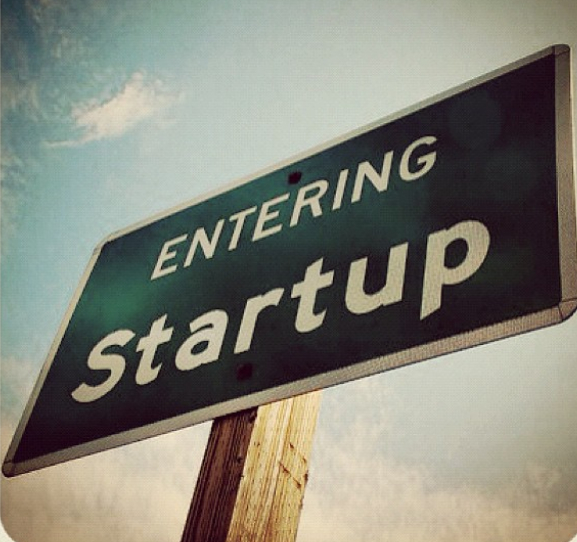
What is the technical definition of a startup?
It’s a fair question. The problem is: There’s no solid answer.

Behemoths like Uber with multi-billion dollar valuations and large public companies like Zillow often affix the startup title to their companies. Amazon.com founder Jeff Bezos even signs all of his annual letters with the same phrase of “It’s still Day 1” — vigorously trying to hold onto its startup roots.
Of course, it actually may be in the interest of these big companies to capture the mystique attached to startups. After all, people like underdogs — the reason we root for teams like Florida Gulf Coast and Davidson in the NCAA basketball tournament.
But true startups — those scrapping and clawing in obscurity to get ahead — don’t always benefit form the label. And they should think twice before tossing it around, with some entrepreneurs even using the term as a crutch.
Those were some of the insights today from a panel at Columbus Startup Week featuring several marketing veterans who’ve worked in startups.
Perhaps while raising money it can be beneficial to play the startup card, but beyond that it is important to move on.
 “You want to have customers using the product, and that credibility,” said Mandy Sadowski, the principal product marketing manager at Red Hat. “I think if you hang your hat too much on a startup then it might cause more trouble for getting that signature on the check.”
“You want to have customers using the product, and that credibility,” said Mandy Sadowski, the principal product marketing manager at Red Hat. “I think if you hang your hat too much on a startup then it might cause more trouble for getting that signature on the check.”
Barry Chandler, the chief branding officer at Storyforge, went a step further. He said the word “startup” gets tossed around as an “umbrella term,” and too many entrepreneurs rely on it as a “safety net that we really shouldn’t have.”
“It is this idea that: ‘Well, as long as I am always trying to raise money and I don’t have revenue yet, it is OK because I am a startup.’ I prefer the noting of being more of an upstart than a startup, which means I have an idea that can disrupt or fulfill a need,” said Chandler. “There is a danger that the word startup could be commoditized to mean people who don’t make any money. There are perceptions. Look at it from a brand point of view, there are perceptions of the startup world.”
Seen CEO Brian Zuercher, who moderated the panel, said it could be beneficial for a young company to play the “startup” card in its marketing if they are going up against an entrenched company that is largely disliked.
“Being at an early-stage can be very inspirational, especially if your incumbent is hated because they are bogged down and crappy and not nimble and they don’t have open frameworks and technology,” he said. “Then, promoting a startup can be really smart and help because the buyer may be looking for that non-behemoth solution.”





